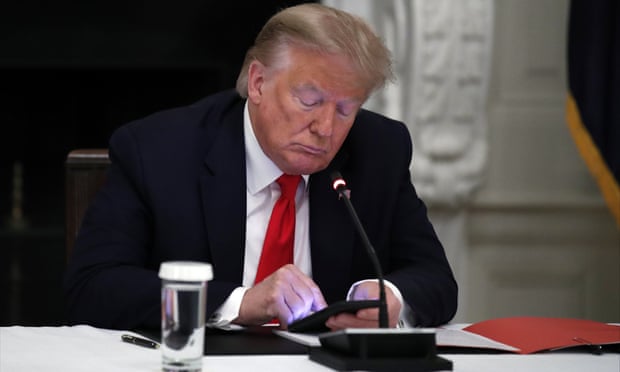An End to China’s Greed Is Not Negotiable
(Japan) on 13 October 2021
by (link to original)
In response to problems such as unfair trade practices, disregard for international law by advancing into international waters and oppression of minorities and democratic activists in Hong Kong, the Biden administration has used sanctions as a way to compel China to correct these issues. China, on the other hand, has branded this as American meddling in internal affairs, leaving talks at a standstill that must be resolved. The goal of American-Chinese diplomacy has always been to limit China’s self-centered behavior. Diplomacy means nothing if it doesn’t get results, though. Compromising on violations of international law and human rights must not even be considered.
As the Biden administration has made China a priority, America has withdrawn its forces from Afghanistan and has reinforced its presence in the ever-important Indian Ocean. It has also emphasized its relationships with its allies, including the new AUKUS security pact with the U.K. and Australia and the strategic dialogue with the leaders of Japan, Australia and India known as the Quadrilateral Security Dialogue. While America has failed in evacuating everyone looking to escape Afghanistan, I’d like to acknowledge how well it’s done in such a short time to prepare itself for negotiations with China.
Beijing is currently preparing for the Winter Olympics next February, and Xi Jinping is looking to confirm his reappointment as General Secretary in next fall’s Communist Party Congress. America will need to navigate this situation carefully if it wants to gain the upper hand over China, with allies being indispensable in limiting China’s power grabs. Naturally, this too applies to newly appointed Prime Minister Fumio Kishida, who will need to make sure America doesn’t let China have its way a little too much.

